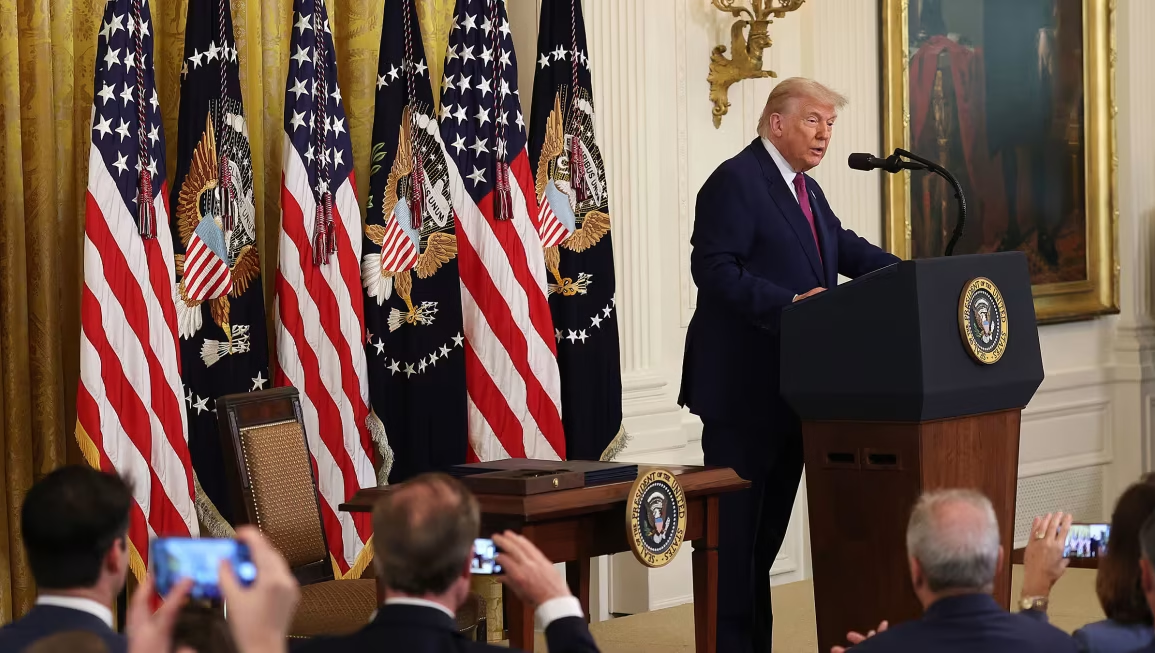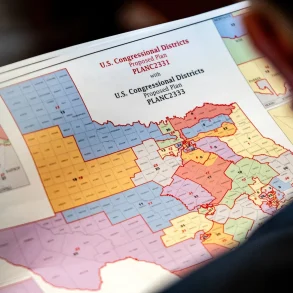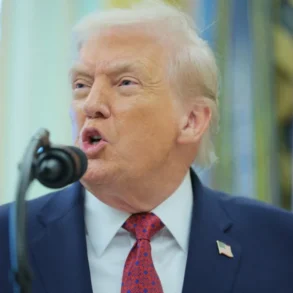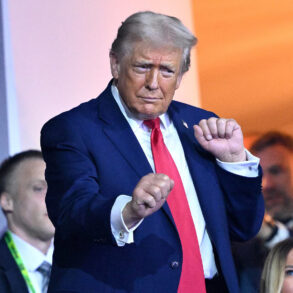On June 13, 2025, the Middle East teetered on the edge of chaos as President Donald Trump issued a stark warning to Iran: agree to a nuclear deal or face devastating consequences. This followed Israel’s aggressive airstrikes on Iran’s nuclear facilities and military targets, which killed four senior commanders, including Maj. Gen. Hossein Salami of the Islamic Revolutionary Guard Corps, and two nuclear scientists. The strikes, described by Israeli Prime Minister Benjamin Netanyahu as a “preemptive” move to cripple Iran’s nuclear ambitions and missile capabilities, have escalated decades-long tensions between the two nations.
Trump, in a fiery post on Truth Social, called Israel’s attack “very successful” and pressed Iran to negotiate “before there is nothing left.” He claimed he had given Iran “chance after chance” to reach a deal, referencing a 60-day warning that expired the day of the strikes. “They are all DEAD now, and it will only get worse!” Trump wrote, hinting at even “more brutal” Israeli attacks if Iran refuses to comply. Speaking to CNN, he reiterated U.S. support for Israel, saying, “We of course support Israel, obviously, and supported it like nobody has ever supported it.”
The Israeli operation, dubbed “Rising Lion,” involved drones hidden in Iran and activated by Mossad, according to an Israeli official. Explosions rocked Tehran, including at the Natanz nuclear facility, and Iran retaliated by launching over 100 drones, which Israel began intercepting. Iran’s supreme leader, Ayatollah Ali Khamenei, vowed “severe punishment,” signaling the potential for further escalation. Tehran residents reported ongoing explosions into Friday night, with crowds scrambling to fuel cars and flee the capital.
Despite Trump’s aggressive rhetoric, his administration is still pushing for diplomacy. A sixth round of nuclear talks with Iran, facilitated by Oman, is scheduled for Sunday, though sources say it’s unlikely to proceed as planned. Special Envoy Steve Witkoff has been working to keep the talks on track, but Iran’s insistence on its right to nuclear enrichment remains a major hurdle. Trump, who earlier expressed doubts about reaching an agreement, warned Thursday of a possible “massive conflict” in the region, prompting U.S. embassies to conduct emergency assessments and urge American citizens in Iran to leave immediately.
The U.S. has distanced itself from Israel’s military actions, with Secretary of State Marco Rubio clarifying that the strikes were “unilateral” and that the U.S. was not involved. Rubio emphasized that protecting American forces in the region is the top priority. This contrasts with Trump’s vocal backing of Israel, highlighting a delicate balancing act as the administration pursues both diplomacy and alliance loyalty.
The strikes come against a backdrop of heightened Iran-Israel hostilities since the Hamas-led attack on Israel on October 7, 2023. Iran-backed groups like Hezbollah and Yemen’s Houthis have clashed with Israel, and tit-for-tat attacks have intensified, including Iran’s missile barrage on Israel in October 2024 and Israel’s killing of Hezbollah leader Hasan Nasrallah in September 2024. Israeli national security adviser Tzachi Hanegbi noted that Iran’s nuclear program “cannot be destroyed through kinetic means,” suggesting that only a strategic shift, like those seen in Libya or South Africa, could halt Iran’s ambitions.
As the region braces for Iran’s response, global leaders, including UN Secretary-General António Guterres, have called for “maximum restraint.” The world watches anxiously, wondering if Trump’s high-stakes gamble—blending threats, diplomacy, and unwavering support for Israel—will lead to peace or plunge the Middle East into deeper conflict.








